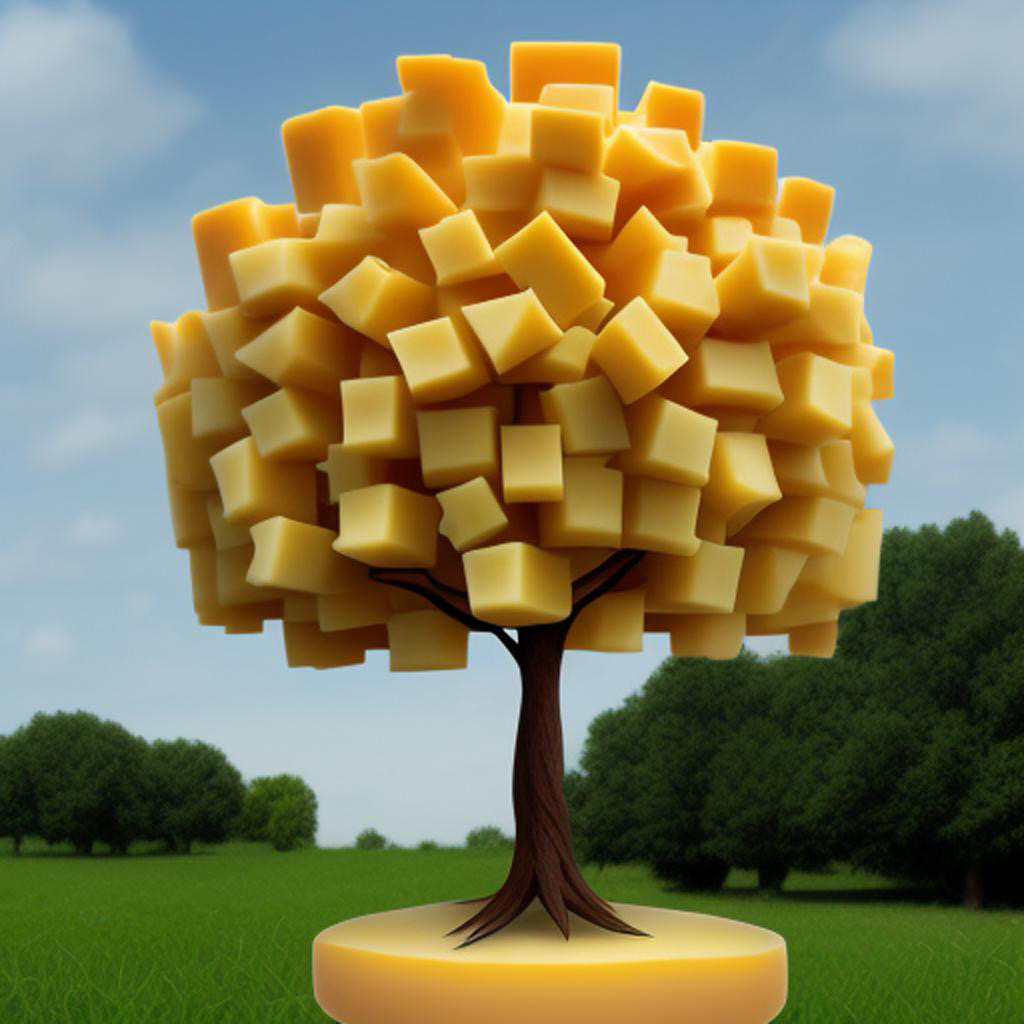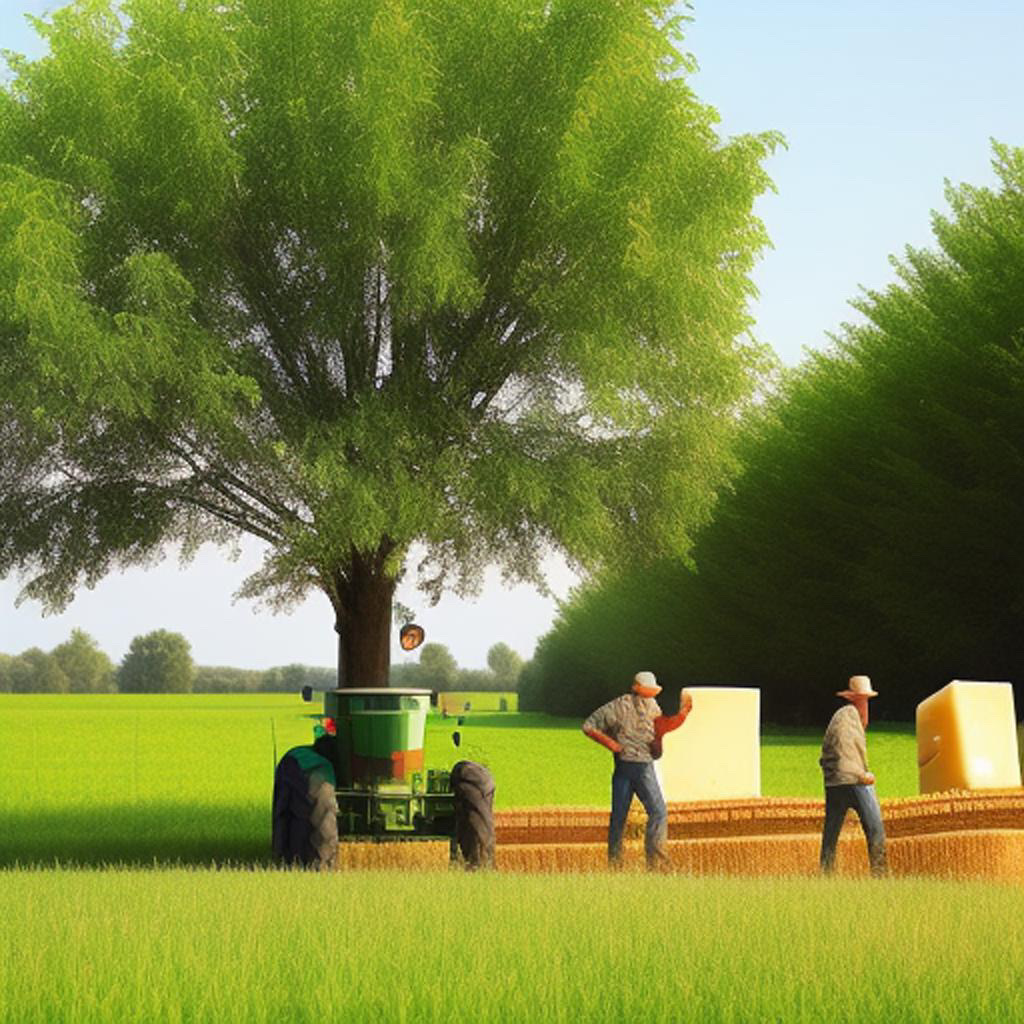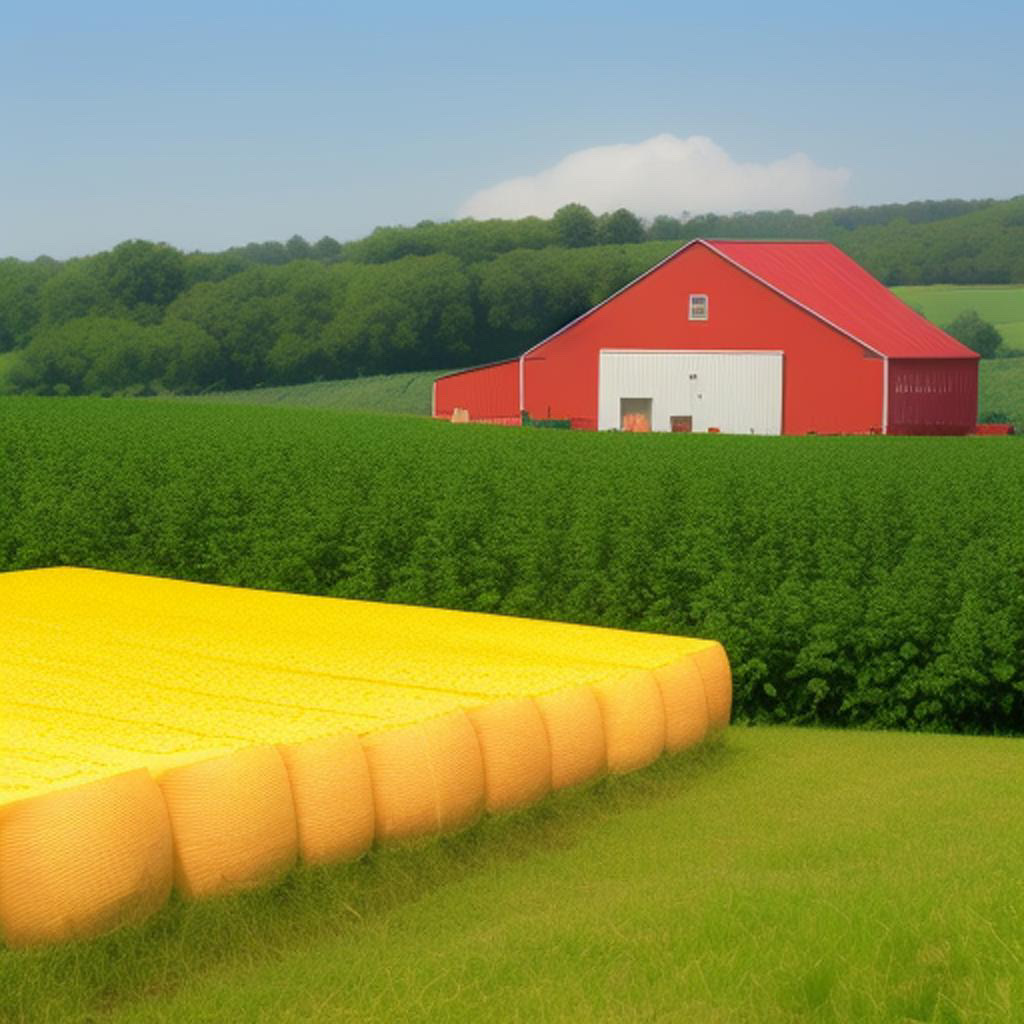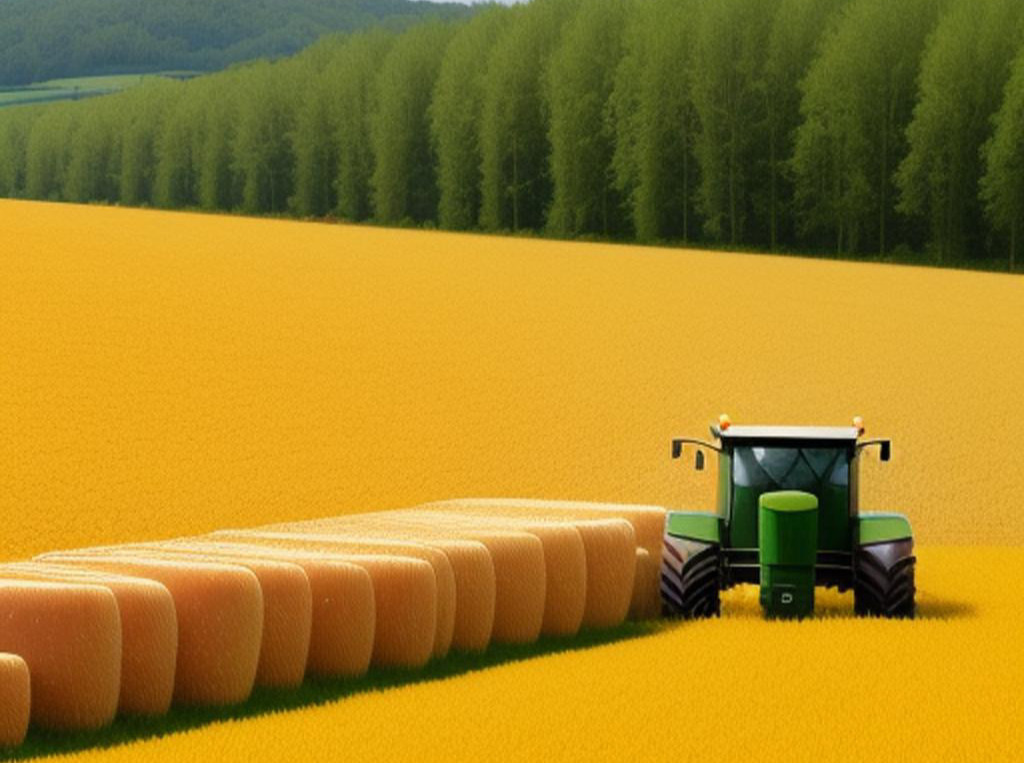This Allergen-Free Vegan Cheese Brand Used AI to Generate a Whimsical Cheese Farm
4 Mins Read
Sparked by a simple question by his daughter during a pizza-making bonding session, Pleese Foods co-founder Kobi Regev input the words ‘cheese farm’ in an artificial intelligence (AI) art app. The result was a series of whimsical images depicting cheese as a flourishing crop and being grown on trees. The maker of Pleese Cheese, the allergen-free vegan alternative, Pleese Foods blends future-facing tech with culinary innovation.
Regev was inspired by a McDonald’s ad that featured a playful garden with French fry bushes and Big Mac trees, after his daughter asked: “How can cheese be made from plants?” Pleese Foods wants to redefine the art of storytelling through the lens of AI – and bringing a cheese farm to life through AI visualisations is a pretty good way of doing it.

An AI-powered vegan cheese farm
Regev imagined an entire cheese farm where it grew alongside other traditional crops, with the generated images showcasing trees sprouting cheese, fields bedecked with massive cheese wheels, cheese crops being picked by a crop harvester, and farmers processing the harvested cheese. One visual showcase a plantation of cheese adjacent to a lush green landscape of traditional crops – in a striking metaphor mirroring how plant-based cheese can exist and help farmers thrive.
“My daughter’s question opened a gateway to blend AI technology with creative curiosity,” said Regev. “The AI-generated visuals of cheese growing on a farm encapsulate the spirit that drives Pleese Foods.” The company says it wants to cultivate a multisensory approach through its products, and wants to emphasise its commitment to inclusivity and accessibility.
Pleese Cheese, which is said to melt and stretch like dairy cheese, is free from nuts, seeds, soy and gluten, instead leveraging a proprietary blend of fava beans and potato protein. It helps make the plant-based cheese allergen-friendly, ensuring people suffering from food allergies or health concerns can still enjoy their share of cheese.

How vegan brands are tapping into AI
In an age of wacky, innovative marketing – like Impossible Foods’ latest campaign and Nobell Foods’ semi-hypothetical Pizza Futures magazine – Pleese Foods’ AI-powered promotional drive is another shift from stereotype. And as the tech grows more popular and becomes mainstream, this could be a marker for many future vegan and alt-protein commercials.
“I’m someone with an abundance of imagination but no artistic prowess,” noted Regev. “In the past, realising my creative visions visually would have entailed significant costs and weeks of revisions. AI transformed this, enabling me to bring my imagination to life within hours.”
But the use of AI isn’t just restricted to marketing – it can actually extend to product development, and that’s what really highlights its true potential. While Pleese Cheese has creatively implemented AI to imagine a world thriving on vegan cheese, many plant-based brands are using AI as their central product development driver.

Most famous is Latin American food tech brand NotCo, which uses AI and machine learning to find the best plant-based alternatives for animal products. The patented AI tech has a name, Giuseppe, and is the brains behind the company’s alt-milks, mayo and burgers. Similarly, Singapore’s Howw Foods uses AI to make Hegg, its vegan powdered egg product.
Many producers have also collaborated with AI firms to develop plant-based products. Bel Foods – the French cheese giant behind the ultra-popular Babybel – has partnered with California’s Climax Foods to make vegan foods, while industry giant Danone is working with Californian AI firm Brightseed to discover hidden nutrients and compounds in plant crops. Similarly, mycelium meat producer Meati teamed up with AI company PIPA to accelerate and expand its understanding of the health and nutrition benefits of its nutrient-rich products.
The potential of AI may be beyond imagination, but Pleese Foods’ own imagination has its own marketing potential.



